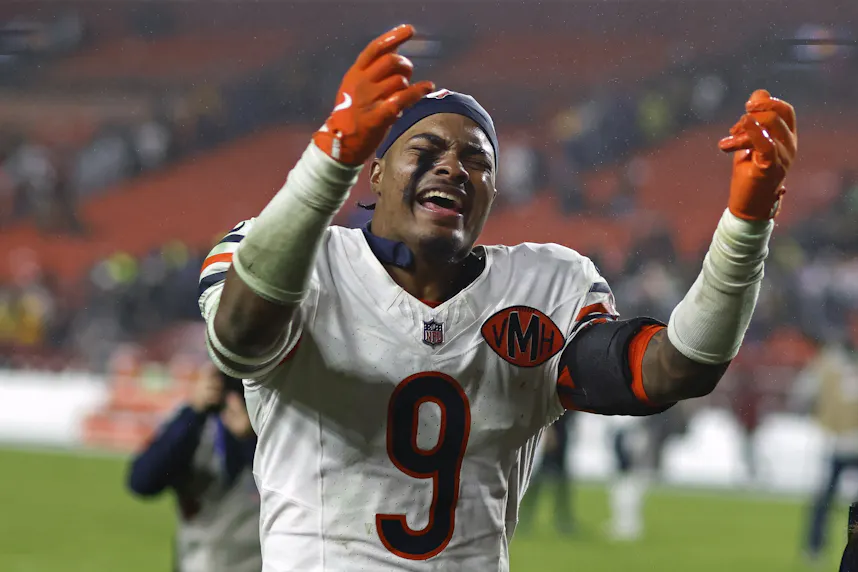Kalshi's NFL Parlay Launch Draws Attention but Limited Volume

Last Updated: October 16, 2025 3:01 PM EDT • 2 minute read X Social Google News Link


When Kalshi introduced customizable parlays on NFL games at scale on Sept. 29, the move coincided with market losses of billions of dollars in value for DraftKings and Flutter Entertainment, FanDuel's parent company.
Despite the initial market reaction, the impact of Kalshi's new products has so far been modest in terms of trading volume. The first week of parlay trading produced just $6 million in activity, rising to $10.1 million the following week.
Kalshi began by offering single-game parlays before expanding to multi-game options, which generated $5.5 million and $4.6 million in volume, respectively, from Oct. 6-12. Together, parlays accounted for roughly 3.1% of Kalshi's $330.5 million NFL contract trading volume that week, and only 1.1% of overall platform volume.
By contrast, the best sports betting sites typically generate more than 60% of their revenue and about 30% of handle from parlay bets in major markets such as Maryland, Illinois, and New Jersey.
The company's introduction of parlays marked a notable shift from its previous event-based prediction markets, which focused on single outcomes, such as game results or player statistics. However, early data suggest that bettors have not yet migrated in large numbers from established sportsbooks.
Even so, Kalshi's broader sports offerings have surged, with $1.13 billion in NFL trading and $811 million in college football volume from Sept. 1-28, accounting for about 90% of total trading activity.
NFL outlines stance on prediction markets
Kalshi’s minimal trading volumes come as NFL officials have reiterated that trading sports event contracts on prediction markets, such as Kalshi, constitutes sports betting under league policy. NFL Chief Compliance Officer Sabrina Perel said in August that all players, coaches, and staff are prohibited from participating on these platforms, whether directly or through intermediaries.
She explained that the league's internal education programs emphasize that sports event contracts "mimic sports betting" and, therefore, fall under the league's gambling restrictions.
Under existing policy, NFL employees are prohibited from betting on league games, participating in fantasy football contests, or engaging in gambling at team facilities. The league has also made gambling awareness training mandatory and brought in former players to support education efforts this season.
The NFL's VP of Sports Betting, David Highhill, said the emergence of prediction markets presents new oversight challenges because the league lacks the same data-sharing partnerships it maintains with licensed sportsbooks.
Highhill noted that the absence of regulatory safeguards, such as integrity monitoring, responsible gambling tools, and oversight of prohibited wagers, raises concerns about manipulation or price distortion.
He confirmed that the NFL, along with other professional leagues, has contacted the Commodity Futures Trading Commission to push for stronger regulation of sports-related event contracts. League officials also said they are collaborating with regulators and operators to discourage betting on potentially vulnerable markets, such as injuries or single controllable plays.

Ziv Chen X social





